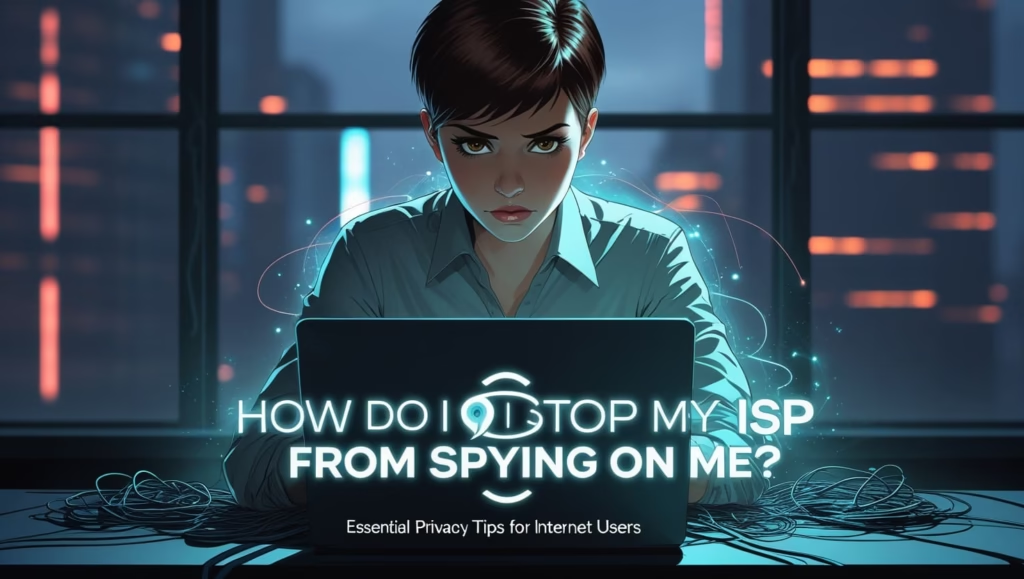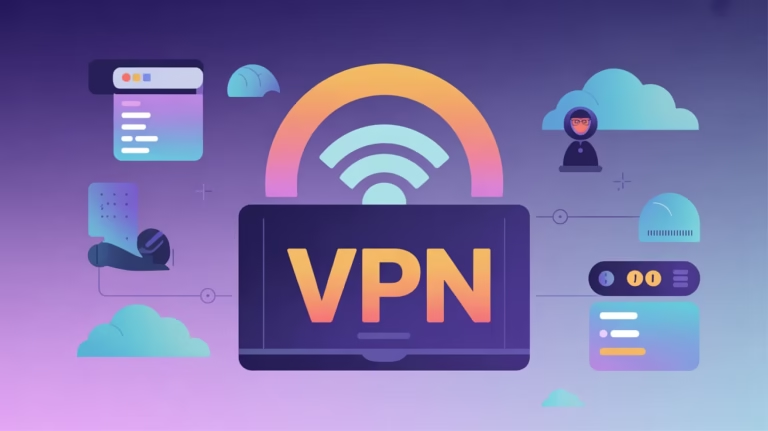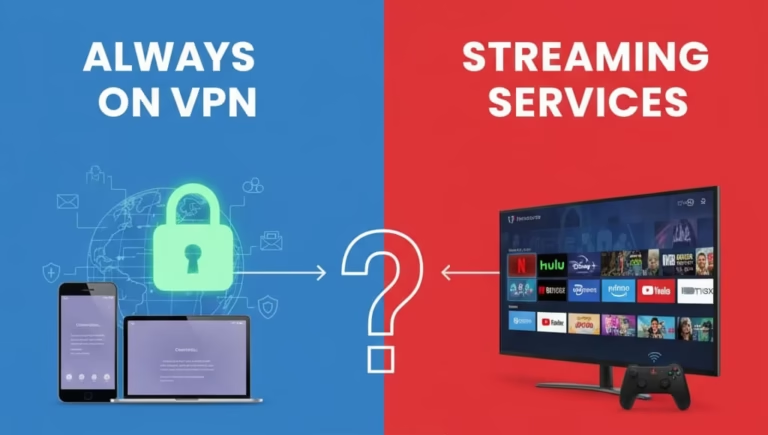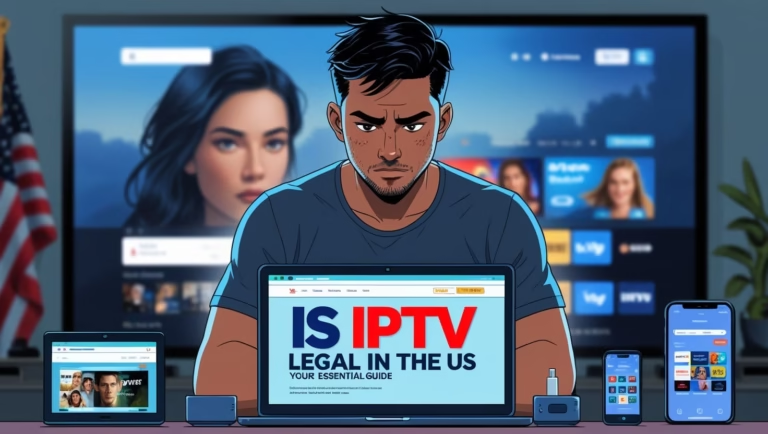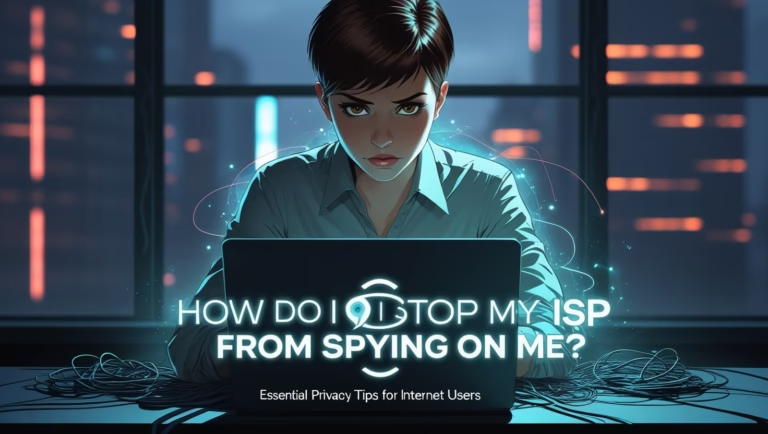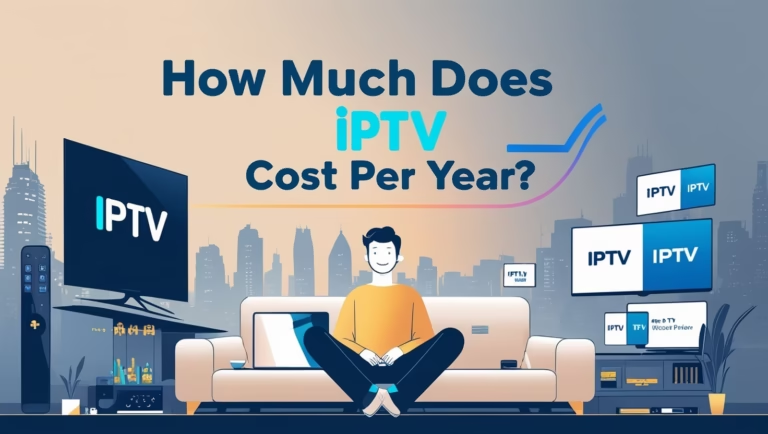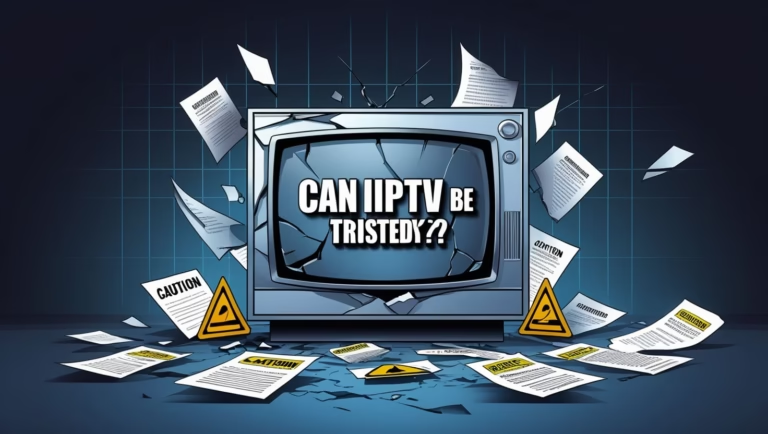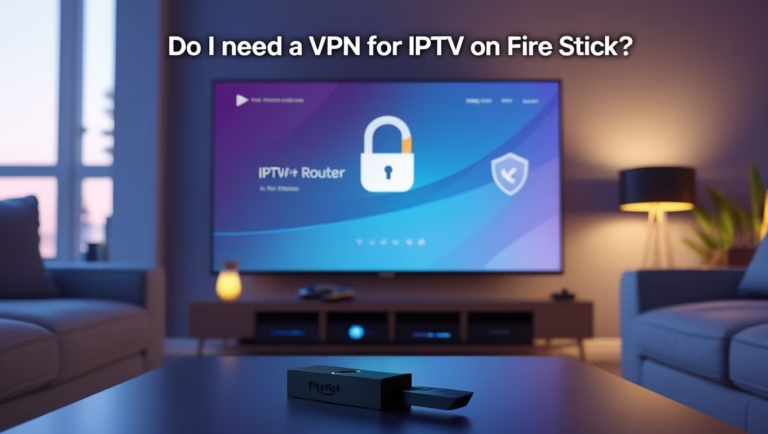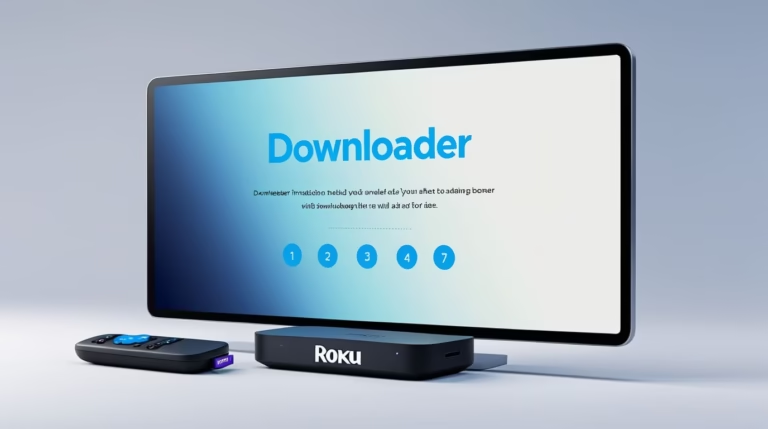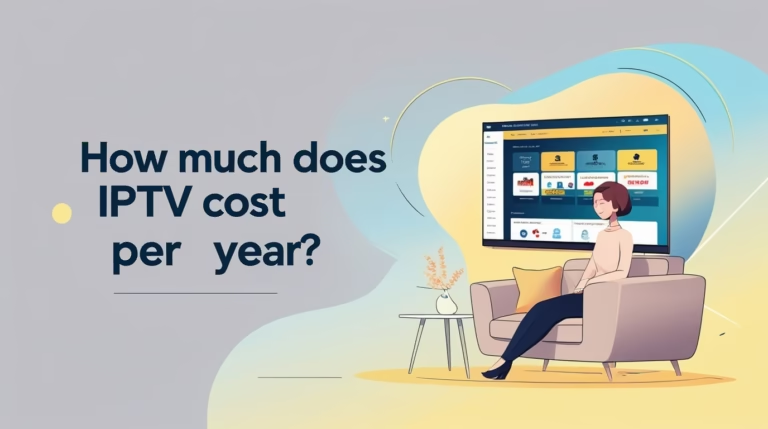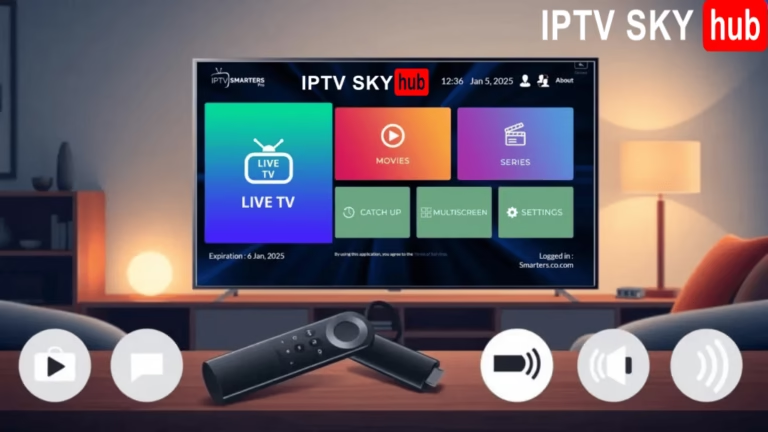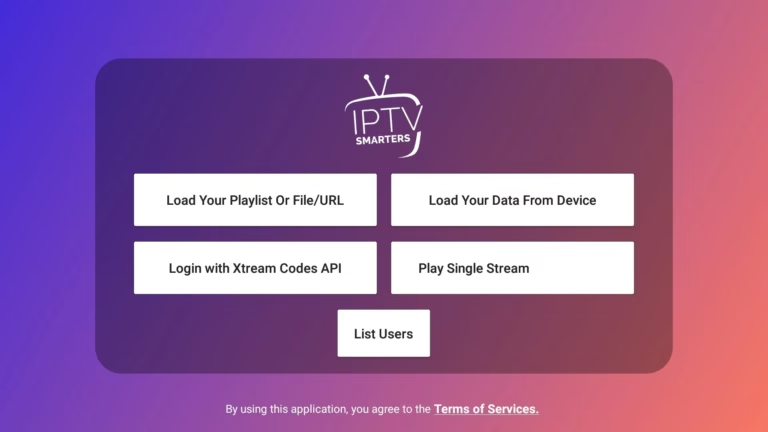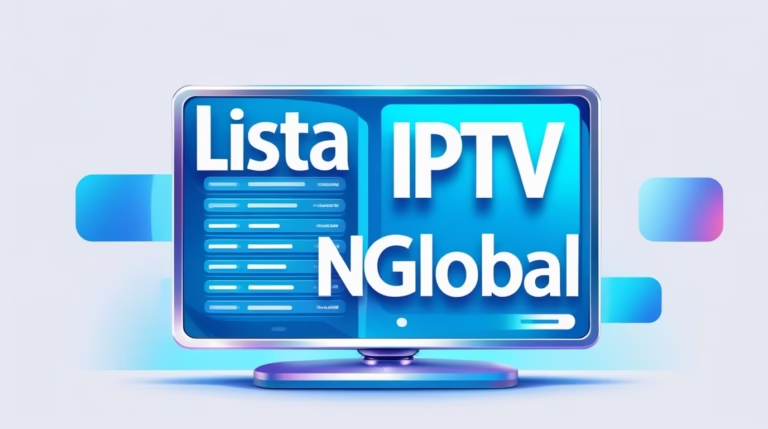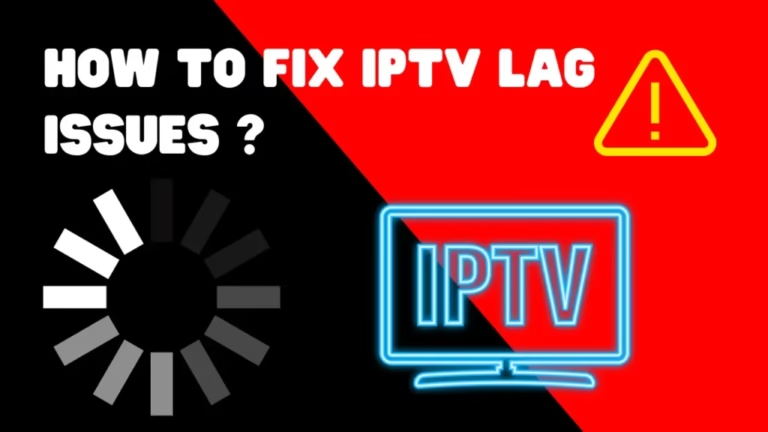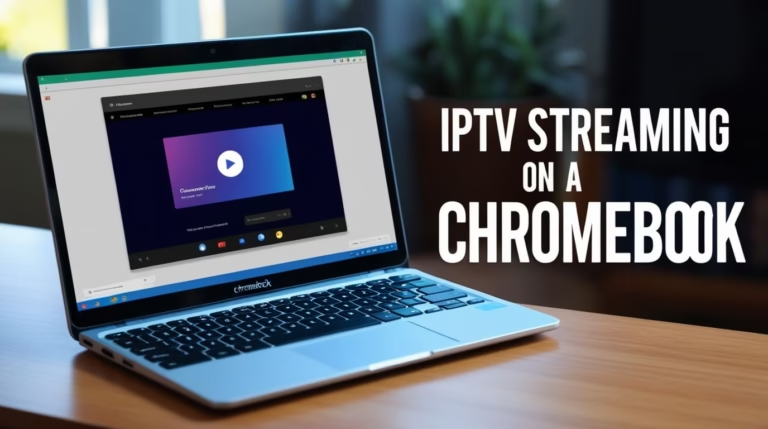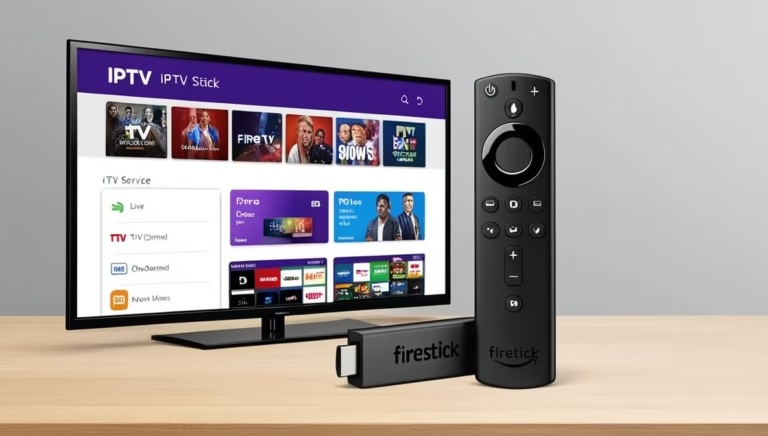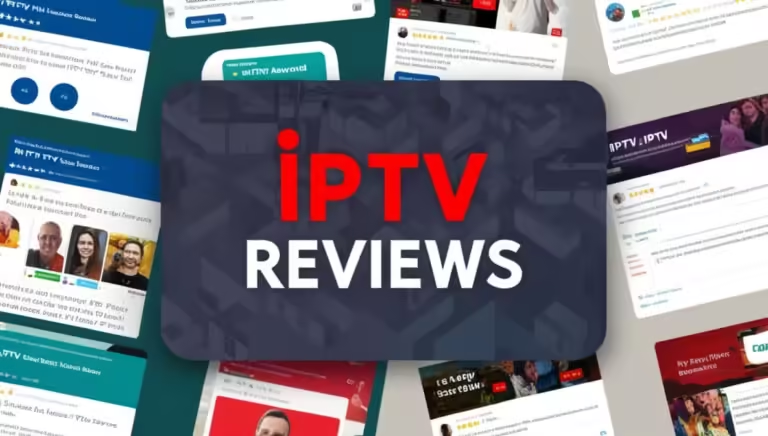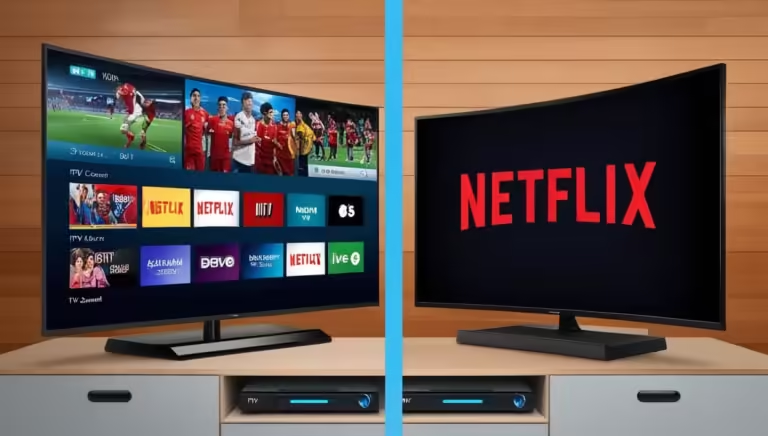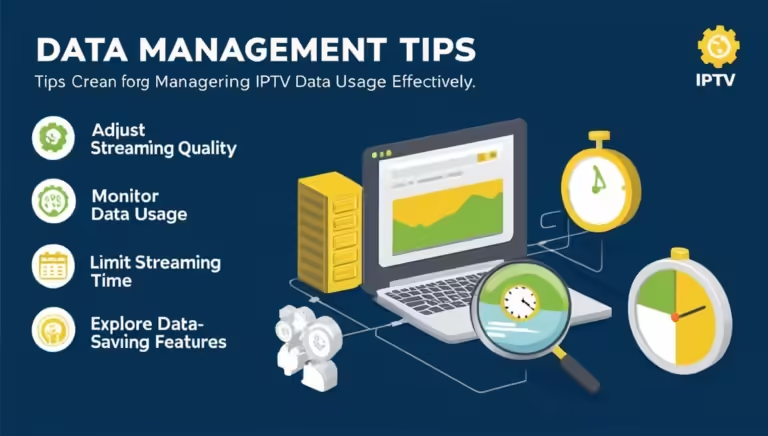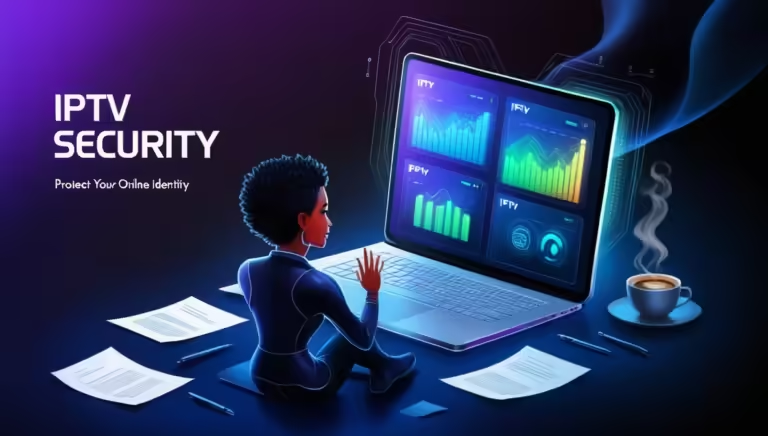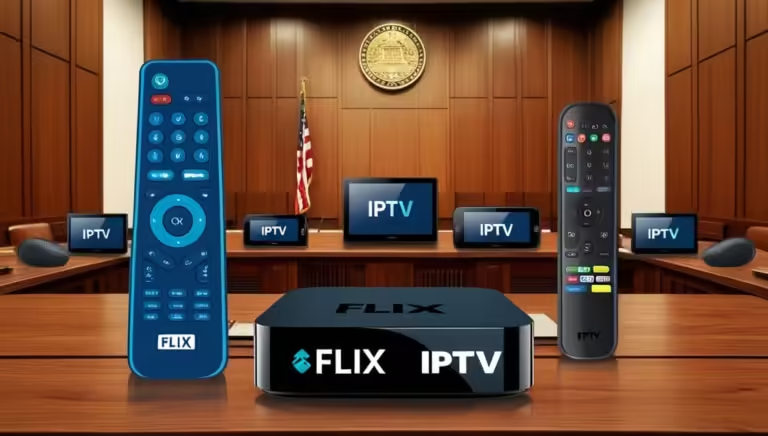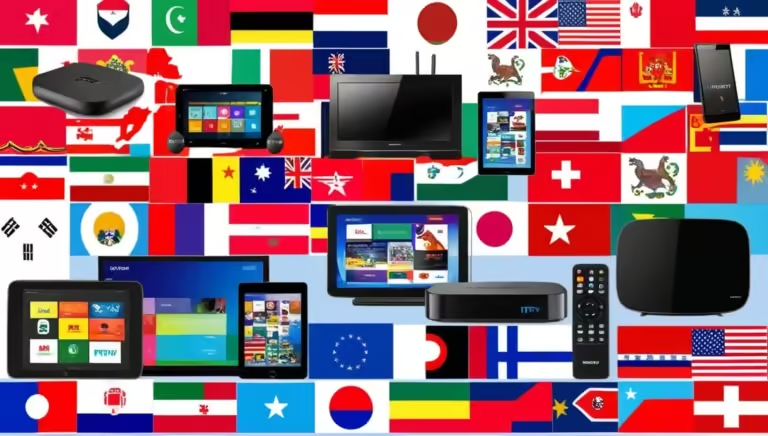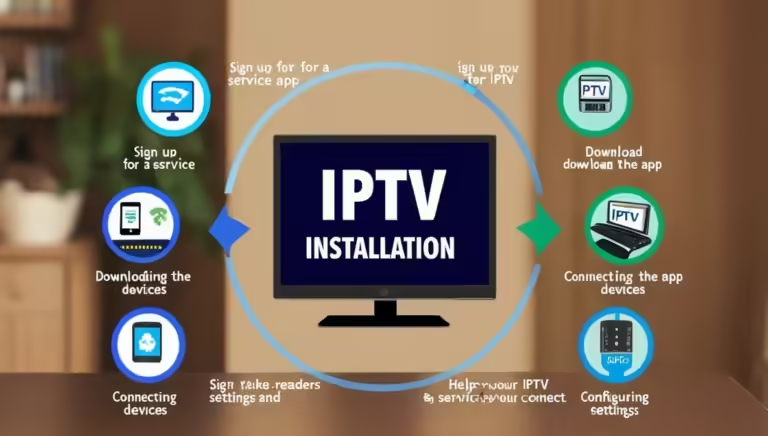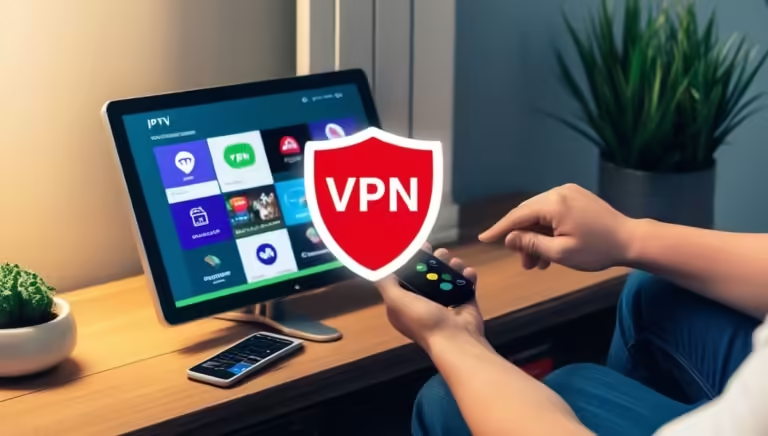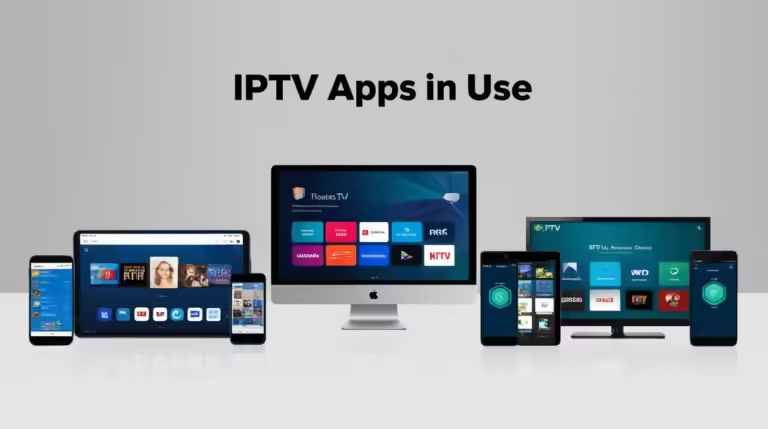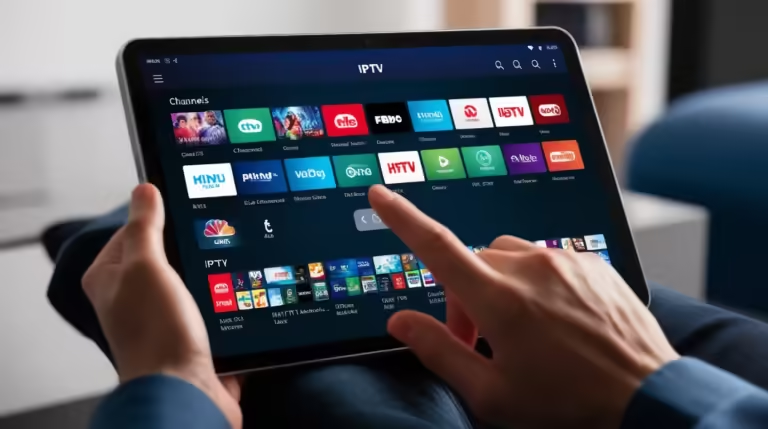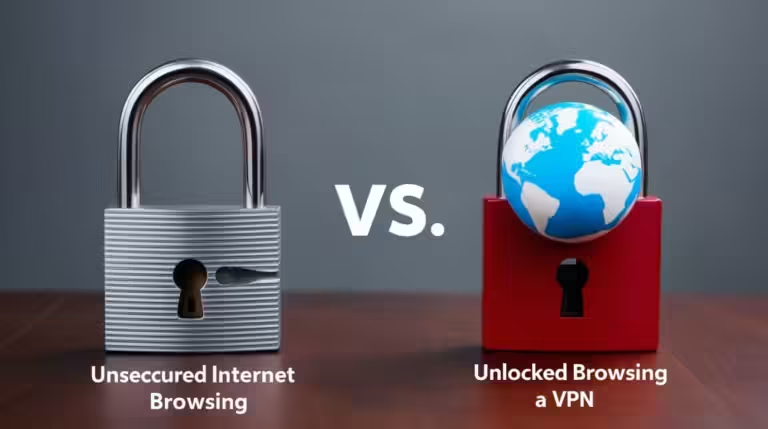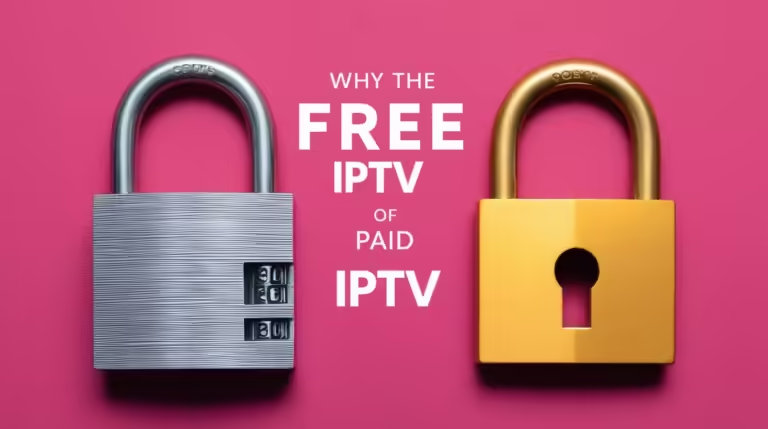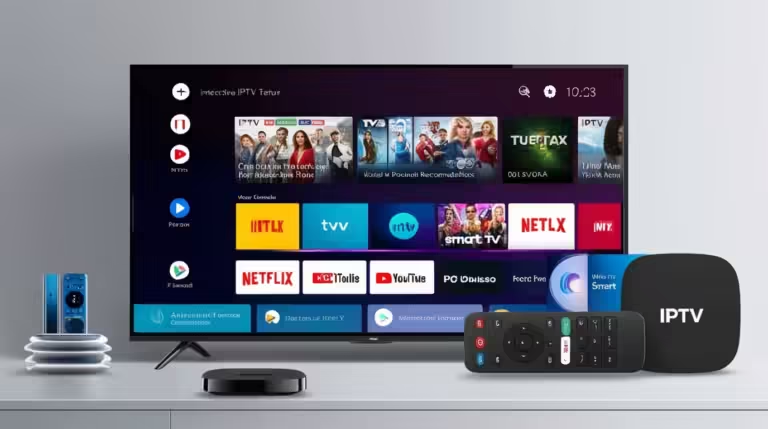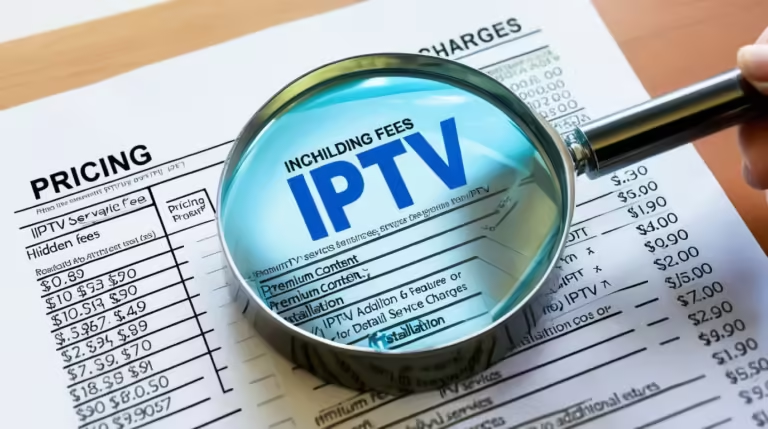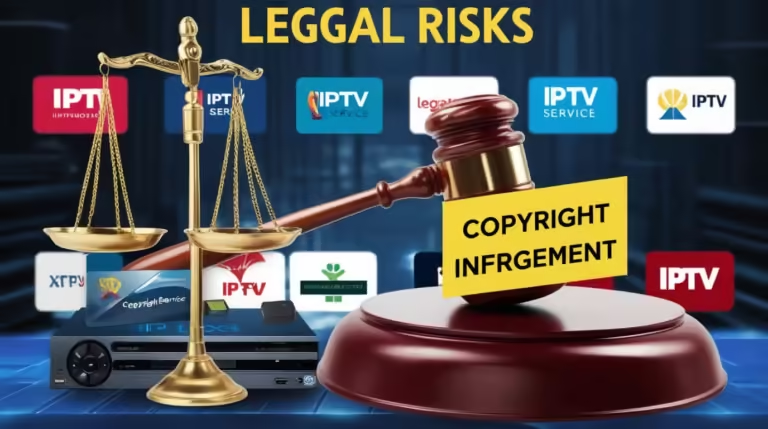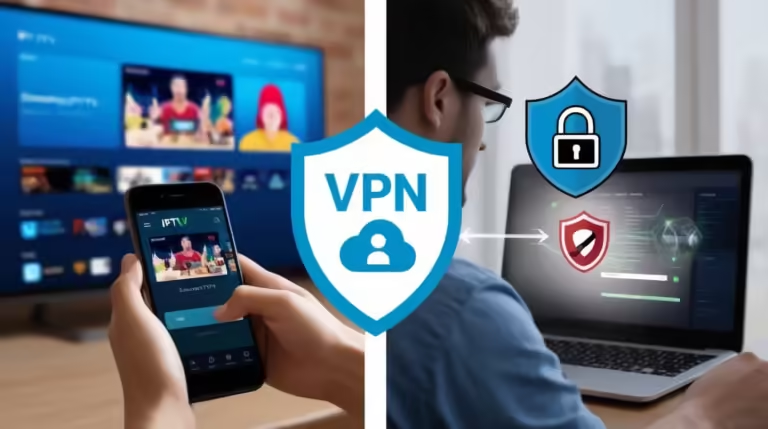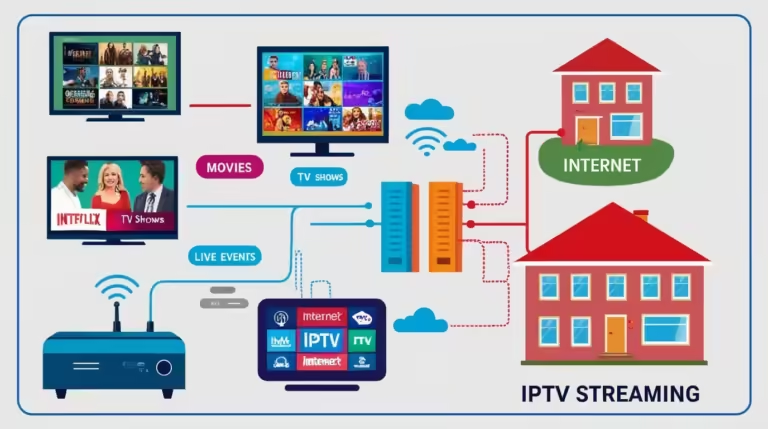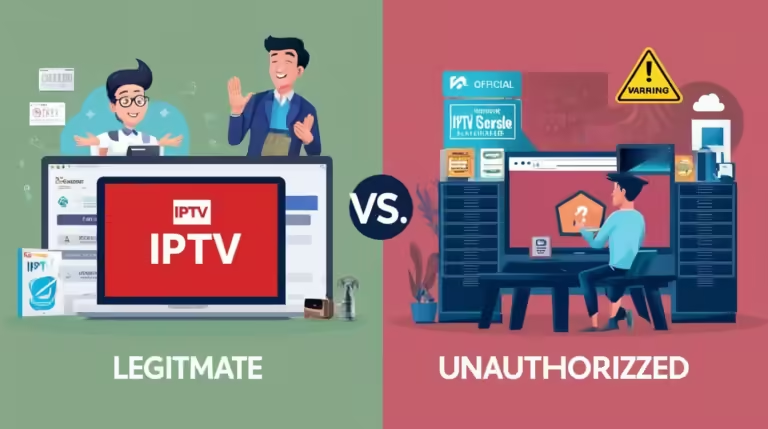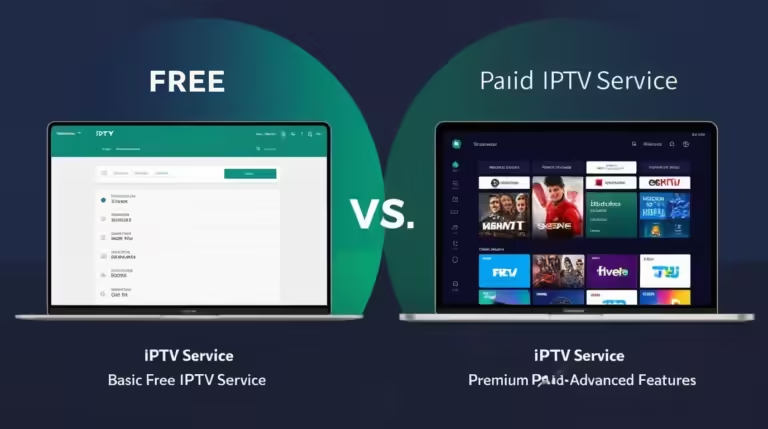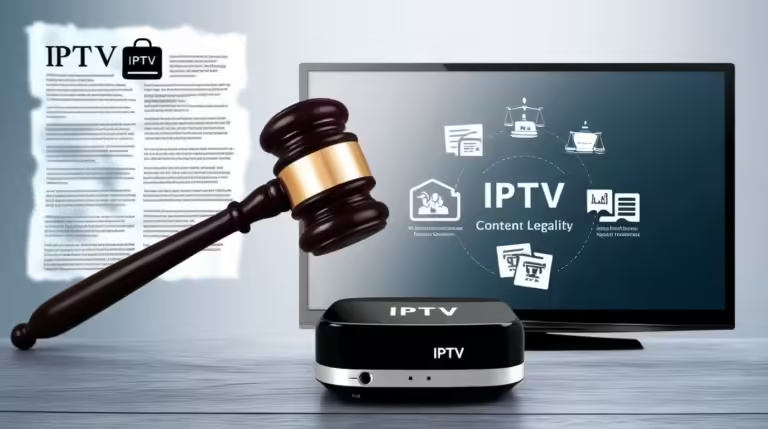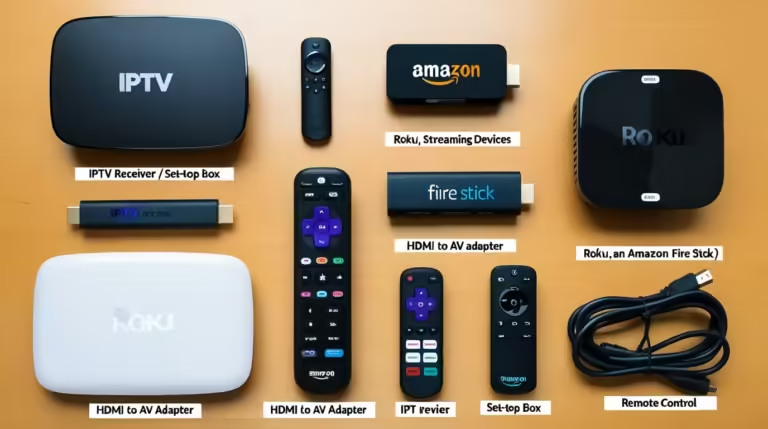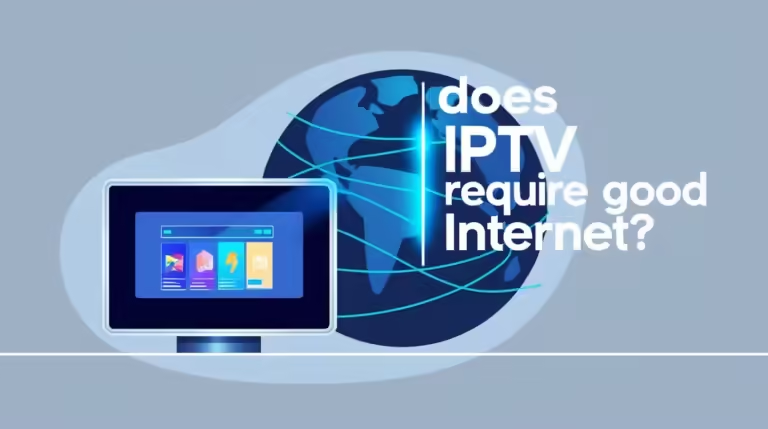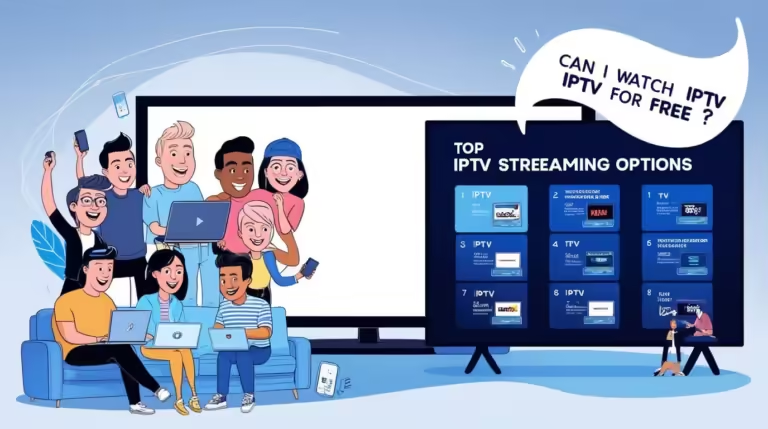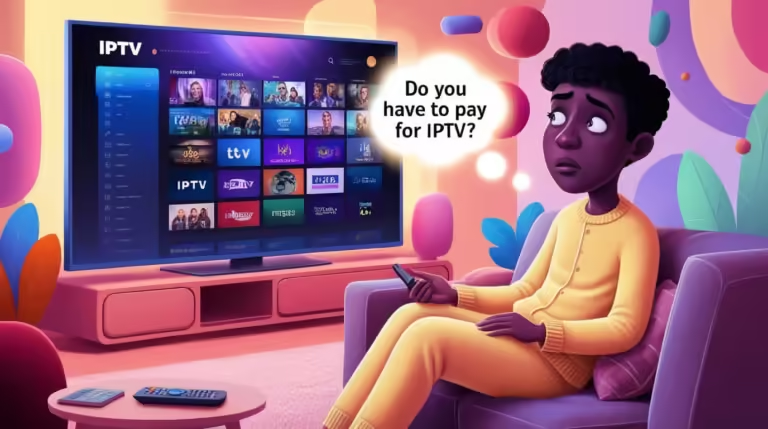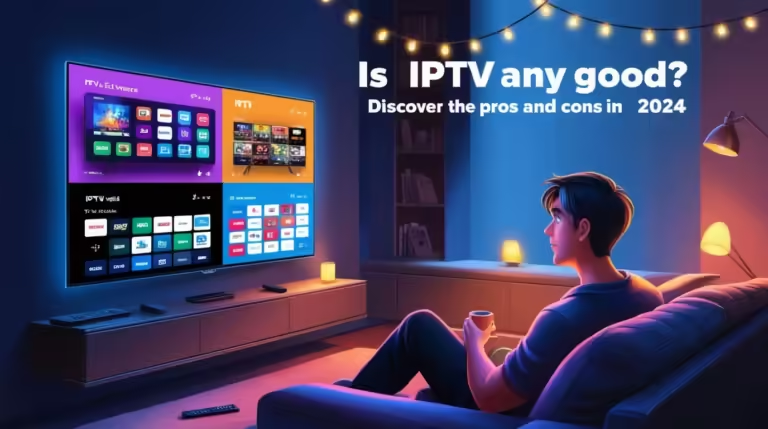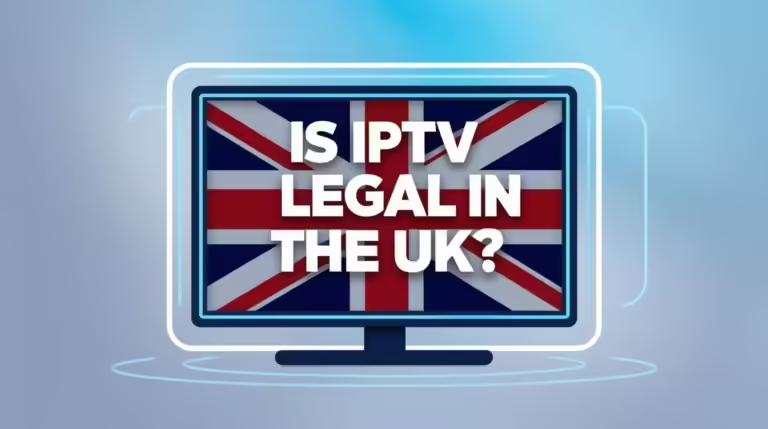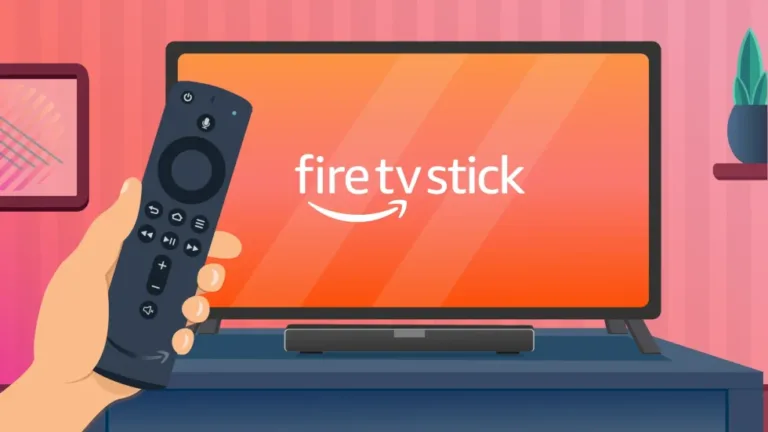In today’s digital age, internet privacy has become a significant concern. As we spend more time online for work, entertainment, socializing, and even banking, the risks to our personal data grow. One of the most common, yet often overlooked threats to online privacy is the tracking of our internet activity by Internet Service Providers (ISPs).
If you’re wondering, how do I stop my ISP from spying on me?—you’re not alone. Many internet users are unaware of how much their ISP can see, store, and even share about their browsing habits. Your ISP has the potential to monitor your every click, track the websites you visit, and even access personal information like passwords or credit card numbers, depending on the nature of your online activity.
This article explores effective strategies and tools you can use to prevent your ISP from spying on you. From Virtual Private Networks (VPNs) to encrypted DNS services, we’ll walk you through the essential privacy tips that can help you regain control of your online security.
Table of Contents
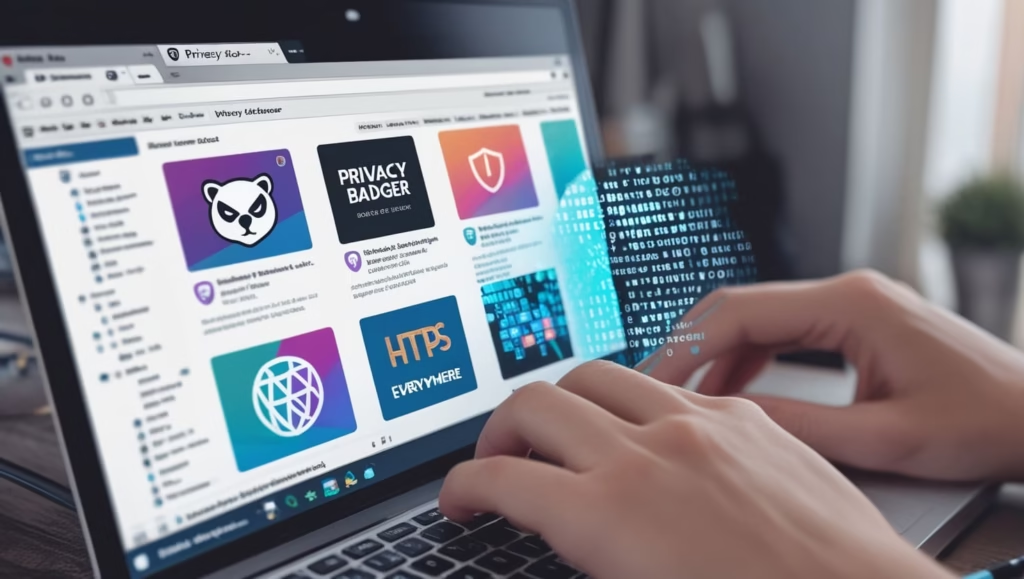
How Do I Stop My ISP from Spying on Me? Understanding the Risks of ISP Tracking
The first step to securing your internet activity is understanding the risks of ISP tracking. Your ISP acts as the gateway to the internet, routing your requests to websites and returning the responses. In doing so, they have access to a substantial amount of data about your online activities. This includes:
- Browsing history: The websites you visit, the time spent on each page, and the content you interact with.
- Personal information: Your IP address can be tied to your identity, location, and even the devices you use.
- Communication data: If your internet traffic is unencrypted, it’s easier for your ISP to monitor emails, chats, and even video calls.
- Packet metadata: Even if your ISP doesn’t access the actual content of encrypted communications, they can see the metadata of the packet exchange (i.e., the time, size, and destination).
While ISPs claim to use this data to optimize services, many also share it with third parties for advertising and marketing purposes. Worse, in certain countries, ISPs are required to store this data for a period, potentially allowing government agencies or hackers to access it. So, the question remains: How do I stop my ISP from spying on me?
Fortunately, there are several practical methods you can adopt to protect your data and maintain your privacy while browsing the web.
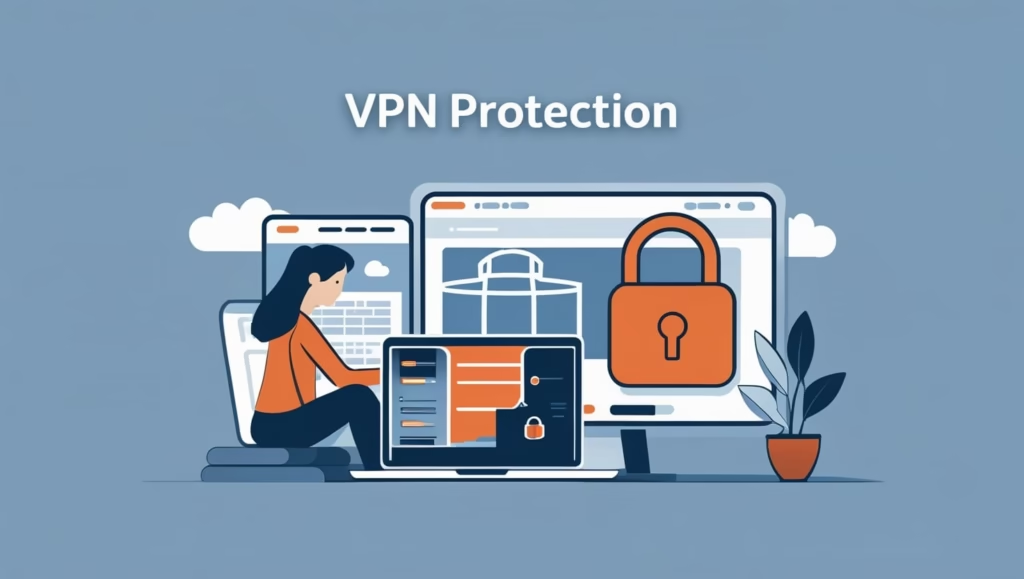
How Do I Stop My ISP from Spying on Me Using a Virtual Private Network (VPN)?
One of the most effective ways to stop your ISP from spying on you is by using a Virtual Private Network (VPN). A VPN encrypts your internet traffic, making it unreadable to your ISP. When you connect to the internet via a VPN, your ISP can only see that you’re connected to a VPN server and not the content of your browsing activities.
How VPNs Protect Your Privacy
- Encryption: VPNs use strong encryption protocols like AES-256 to secure your online traffic. This means that even if your ISP or a third party intercepts your data, they won’t be able to decrypt it and access sensitive information like passwords or browsing habits.
- IP Address Masking: A VPN allows you to mask your real IP address and replace it with that of the VPN server. This prevents your ISP from tracking your location and associating your online activity with your personal IP address.
- Bypassing Geo-Restrictions: With a VPN, you can connect to servers in different countries, allowing you to bypass government censorship, access region-locked content, and further obscure your online presence from your ISP.
- No Logs Policy: Many VPN providers emphasize a “no-logs” policy, meaning they do not keep records of your internet activities. This further reduces the likelihood of your data being handed over to third parties, such as advertisers or government agencies.
Choosing a Reliable VPN Provider
While a VPN can significantly enhance your online privacy, not all VPNs are created equal. Here are a few things to consider when selecting a VPN provider:
- No-log policy: Ensure that the VPN service explicitly states that it does not keep logs of your browsing history.
- Speed and reliability: Choose a VPN that offers high-speed servers without frequent disconnections.
- Server locations: Opt for a VPN with multiple server locations to help with bypassing geo-restrictions and preventing tracking.
- Compatibility: Make sure the VPN works across all your devices, including smartphones, tablets, and computers.
By using a VPN, you make it significantly harder for your ISP to spy on your activities, ensuring a higher level of privacy.
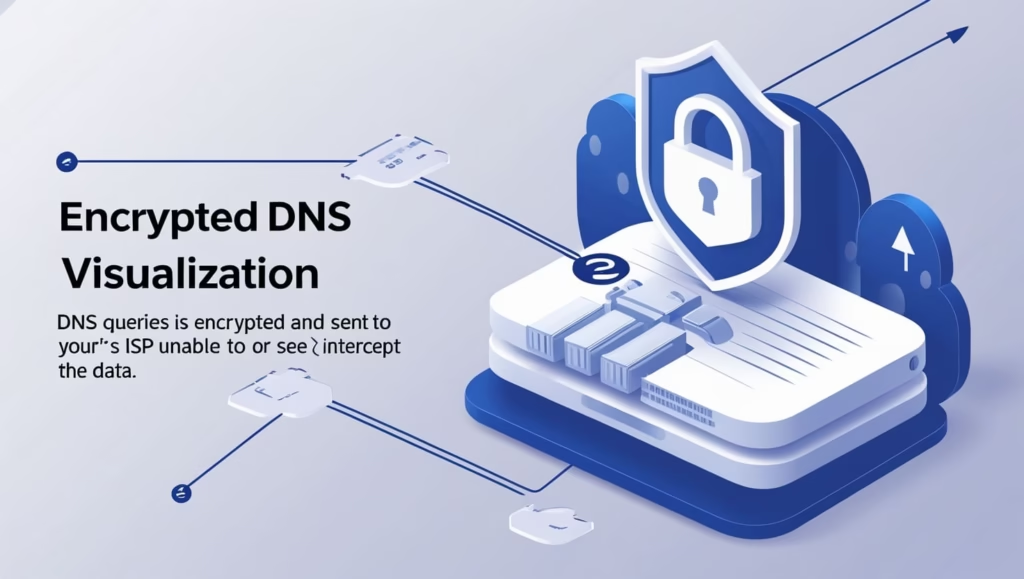
How Do I Stop My ISP from Spying on Me with Encrypted DNS Services?
Another effective tool to protect your online privacy is encrypted DNS services. DNS (Domain Name System) is like the phonebook of the internet. It translates human-readable domain names (e.g., www.example.com) into IP addresses that computers can understand.
However, DNS queries are often sent in plaintext, meaning your ISP can see every website you attempt to visit. This gives them the ability to monitor your browsing habits. By using encrypted DNS services, you can prevent your ISP from spying on your DNS queries and improve your overall privacy.
What Is Encrypted DNS?
Encrypted DNS services, such as DNS over HTTPS (DoH) or DNS over TLS (DoT), encrypt your DNS queries, making it impossible for your ISP or any third party to intercept and monitor them. Unlike regular DNS, which sends requests in an unencrypted format, DoH and DoT ensure that your DNS queries are secure.
How Encrypted DNS Protects Your Privacy
- Preventing DNS Snooping: When you use encrypted DNS, your ISP cannot see what websites you’re trying to access. The DNS query is encrypted and sent over HTTPS or TLS, protecting it from third-party surveillance.
- Avoiding Data Harvesting: Some ISPs or third-party entities may harvest DNS data to track your online activity. By using encrypted DNS, you prevent this kind of tracking.
- Enhanced Security: Besides protecting your DNS requests from your ISP, encrypted DNS services also help protect you from man-in-the-middle attacks and malicious DNS servers.
Recommended Encrypted DNS Providers
- Cloudflare DNS (1.1.1.1): A free, fast, and secure DNS service that supports DNS over HTTPS (DoH) and DNS over TLS (DoT).
- Google Public DNS (8.8.8.8): Google’s DNS service offers encryption and improved privacy features.
- OpenDNS: Offers additional security features like phishing protection and customizable filters.
By switching to an encrypted DNS service, you add an extra layer of privacy, preventing your ISP from tracking your web activity.
How Do I Stop My ISP from Spying on Me by Protecting My Online Activity?
In addition to using tools like VPNs and encrypted DNS, there are several practices and habits you can adopt to reduce the amount of personal data available to your ISP.
Secure Your Connections with HTTPS
Whenever possible, always look for HTTPS in your browser’s URL bar, as opposed to HTTP. HTTPS encrypts the communication between your browser and the website you are visiting, making it harder for your ISP to intercept or monitor what you do on the site. Many websites, including online banking and shopping sites, already use HTTPS by default, but it’s always worth double-checking.
Use Private Search Engines
Traditional search engines like Google track your queries and browsing habits, potentially passing this data to your ISP. Switch to privacy-focused search engines like DuckDuckGo or StartPage, which do not collect your search history or share your personal data.
Clear Your Browser History Regularly
Although your ISP may still have access to your traffic, you can limit the exposure of your online activity by regularly clearing your browser history, cookies, and cache. This can help reduce the amount of data that’s retained on your device and reduce the chances of it being exposed.
Use Encrypted Messaging Services
If you’re concerned about the privacy of your communications, consider using encrypted messaging apps like Signal or WhatsApp. These apps use end-to-end encryption to secure your messages, ensuring that even your ISP cannot read them.
By practicing good internet hygiene, such as using secure connections, privacy-focused search engines, and encrypted messaging services, you can significantly reduce your vulnerability to ISP tracking.
How Do I Stop My ISP from Spying on Me with Browser Privacy Extensions?
Lastly, browser privacy extensions can further enhance your ability to block unwanted surveillance from your ISP. These extensions can prevent your ISP and other third parties from tracking your online activities.
Recommended Browser Extensions for Privacy
- Privacy Badger: This extension blocks tracking cookies and prevents advertisers from spying on your browsing activity. It’s designed to automatically identify and block trackers.
- uBlock Origin: A powerful ad-blocking extension that also blocks privacy-invasive scripts, trackers, and malware. By preventing trackers from loading, it makes it harder for your ISP and advertisers to monitor you.
- HTTPS Everywhere: Developed by the Electronic Frontier Foundation (EFF), this extension ensures you always use HTTPS when available, improving the security and privacy of your internet connections.
- DuckDuckGo Privacy Essentials: This extension forces websites to use encrypted connections and blocks tracking scripts, while also using DuckDuckGo as your default search engine.
How Browser Extensions Enhance Privacy
These extensions help to reduce the amount of personal data available to your ISP and other third parties by blocking trackers, forcing encrypted connections, and using private search engines. When combined with VPNs and encrypted DNS services, these browser extensions provide comprehensive protection against online surveillance.
Conclusion
In an era where online privacy is increasingly at risk, it’s essential to understand the ways your ISP can track your activities and the steps you can take to prevent this. By exploring methods such as using a VPN, leveraging encrypted DNS services, adopting secure browsing practices, and utilizing privacy-focused browser extensions, you can significantly reduce the chances of your ISP spying on your internet activity.
As we’ve seen, a combination of these strategies provides a robust defense against intrusive surveillance, ensuring your online behavior remains private. Whether you’re trying to protect sensitive information, prevent targeted advertising, or simply preserve your digital autonomy, the tools and practices outlined in this article empower you to regain control over your internet privacy.
Remember, your privacy online is just as important as your physical privacy, and the responsibility to protect it lies with you. By taking proactive measures, such as securing your connections and using privacy-enhancing tools, you can enjoy a more private and secure internet experience. Don’t let your ISP, or any other third party, have unrestricted access to your personal data—take action today to safeguard your online freedom.

